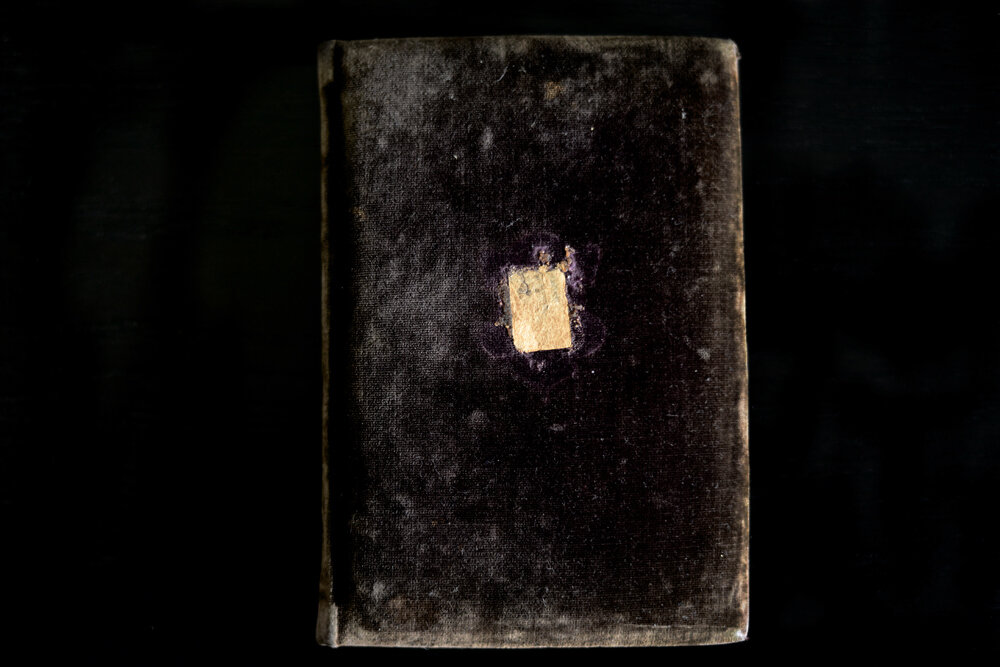More than gender
(wip)
Ashes for Ash, artists pages
Ashes for Ash
During the transition process there are many things which can be said, some out of anger, hurt, frustration etc. These words can never be taken back, sometimes it’s best not to say them at all. Linking to the slogans piece of this work “language lies about how powerful it is”. So what do you do with all these unspoken words?
The first piece in this narrative is a performance of the artist, myself, writing down all the things I cannot say, whether this is to my brother, Andrew, or my sister, Ash. These pages are then burnt, the ashes in some ways referencing the ashes we usually associate with death. But in this case the death of gender and that encompasses.
The second piece is an installation of those ashes.
The third, specific to the gallery and its role for many as being the place for answer to life, a place of reflection, sacrosanct ground, much like church, it asks the audience to write down their own unspoken words, to question why they were neve said. A form of absolution but from ones self. Finally those pages from the audience are burnt over the course of the exhibition. Previously empty urns begin to fill as we learn to let go.
Welcome to the other side
The text on the left is a conversation that happened during an evening meal at my parents house. It’s presented in the form of a script, and includes all four family members, with me discussing something that had happened at work. It was the usual misogynistic comments from colleagues, and something that had annoyed me. The responses are all too familiar, my Mam was disgusted, whilst my Dad and brother told me to laugh it off, and not take things so seriously. Fast forward a few years to the text messages on the right - a conversation with my sister after she’d been to a work event aimed towards LGBTQ staff, and highlighting issues that trans women face. The comments that I should laugh off were now inapproriate, shouldn’t be allowed, should be dealt with more severely. My response was very blunt “welcome to the other side.”
verso commemoration
When someone in your family transition the old family photos become a controversial subject. The photographs are a representation of who that person is, or was, and how the family unit existed. It can sometimes feel like that life was a lie, all the memories are tainted by the idea that you never really knew that person. Family members can cling on to those memories. My Mam took paintings down in the house and replaced them with photographs from when we were children.
For the person who transitions it can be painful to look at the past, to a time when they were not able to be who they are.
When looking at my own family photos I wanted to commemorate those memories, I don’t feel that they are false. The represent my childhood, and they are happy memories. At some point you have to let go of the anger, and the pain, of the fact that they kept this from you because even they didn’t know how to deal with it.
Whilst the recto might be too painful, the verso reflects the facts; the date, the place, the initials of us then and now, with the occasional name that is now no longer used.
the family name
So much is contained within a name.
It’s the name your parents give you at birth. A time when they’re forming a picture of the type of person their child is going to be.
How do you choose a new name for yourself? Do you pick something similar to your original name? Do you chose that of someone you look up to and respect?
In some cases the name you have is linked to your family tree, the numerous Andrew Allan’s that came before you, your place within a wider history.
To make us both the same
Whilst on my MA course another student looked into the family album, not just hers but strangers as well, specifically looking for photographs that depicted siblings in the same clothes. A lot of people in the room recognised the sentiment as something from their own childhood - I did to. It wasn’t until a few weeks later that I looked at the photographs again and realised that all girls would be dressed the same, all boys the same, and if there was a mix then the boys and girls wore something different. Except for us.
When we were little my parents would always give us the same amount of pocket money. Whose ever birthday it was would get the big present, but the other one would get a smaller present, so that we both got something. Everything was shared equally. To keep us both the same.
I don’t believe this had any significant bearing on what happened later on, or that my brother thought of this as being feminine, I certainly didn’t feel that it made me more masculine, just that we wore the same clothes. However, it is things like this that you begin to seek out when someone transitions, you try to delve into the past and look for any signs that would have acted as a clue, something you feel you should have picked up on but didn’t.












